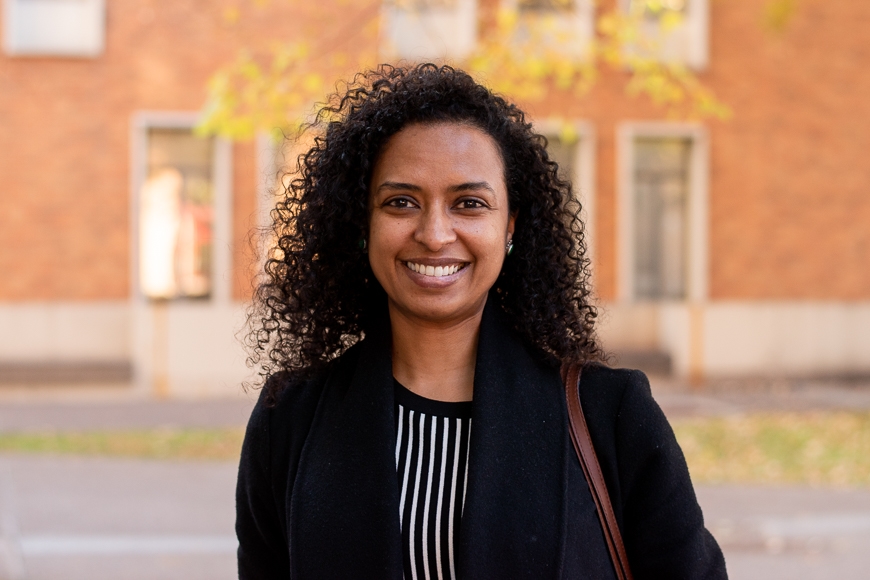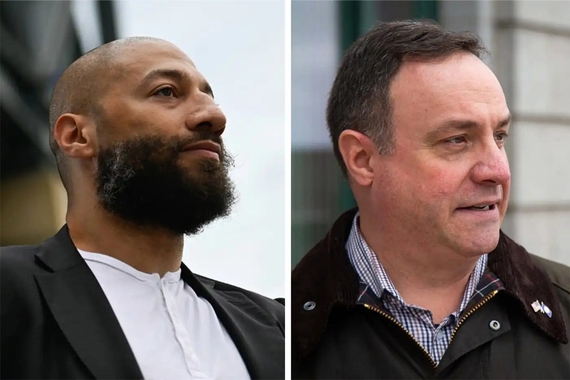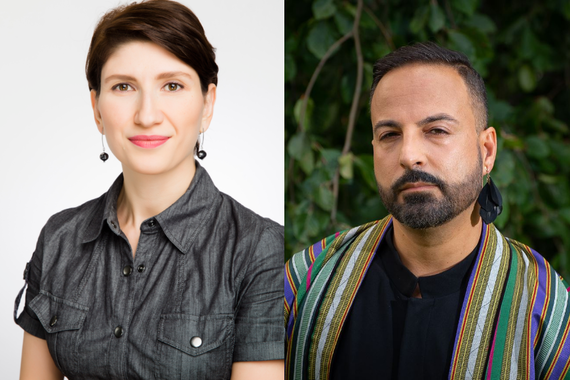Decolonization and Solidarity
New political science faculty Anuja Bose explores the concept of solidarity in her work, and how it relates to larger, global issues. Through both her research and teaching, Bose is challenging received conceptions of solidarity and political community.
Where are you from? What brought you to the U?
I did my graduate work in the United States, at UCLA in political science. Before that, I completed my undergraduate degree in Canada. I grew up in a number of countries, including Canada, Australia, Indonesia, India, and Singapore. In January 2019, I accepted a faculty position as an assistant professor of political science, which brought me to the U.
You study “how thinkers interrogate and reformulate central political problems related to solidarity.” Why is this important? What does your research entail?
Solidarity is evoked as a crucial resource for social movements to mobilize effectively. It is also often evoked to describe the dense civic ties that are necessary for nation-states to be held together cohesively. There are two forms of solidarity at work here: the political solidarity of social movements and the social solidarity of nation-states.
I am interested in thinking about the relationship between these two forms of solidarity. For example, how do the relations of political solidarity in social movements re-articulate the settled forms of social solidarity in nation-states? I turn to the era of decolonization in Africa, Asia, and the Caribbean to think about this question. Decolonization was one of the most transformative political changes of the 20th century, and when we turn to political theorists from this era, we can see profound reformulations of both social and political solidarity, and therefore of political community more generally.
How is your research relevant to current events?
Today we are faced with serious problems that transcend national borders: problems such as the climate crisis, the displacement of people as refugees, and the vast inequalities created by global capitalism. These problems require effective global action, for which we need new political concepts that can build our capacity to exercise collective power at the global scale. I argue in my work that one of the political concepts that needs to be re-generated is solidarity.
What do you want your students to get out of your class, Black Political Thought and Democracy & Citizenship?
The first course, POL 4210 Black Political Thought: Conceptions of Freedom, turns to the tradition of Black political thought to examine a foundational concept in political theory, which is freedom. It is a foundational concept in political theory because it helps us understand the role of the state, the meaning of political agency, and the nature of interaction between citizens in the economic and private spheres, for example.
POL 4210 also turns to the tradition of Black political thought to consider how thinkers within this tradition develop novel conceptions of freedom that emerged from their efforts to theorize and transform conditions of racial domination in the form of racial slavery, apartheid, and colonialism. The question we will consider is: how do conceptions of freedom that were developed by those subject to racial slavery, apartheid, and colonialism redefine and weigh in on the central political questions that animate society?
In the second course, Democracy and Citizenship (POL 3235), we will look at citizenship through four different processes: inclusion and erosion; expansion and withdrawal. Through these four processes, we examine the fundamental instability of citizenship as a category and the profound implications this has for democratic societies in general. We will read a range of thinkers—such as Aristotle, T.H. Marshall, Michelle Alexander, and Amartya Sen—to consider this relationship between democracy and citizenship.
What are you excited about or looking forward to at the U?
I am excited about the talks that I have attended at the Interdisciplinary Center for the Study of Global Change, and I am looking forward to being more involved with the center.
More broadly, I am excited about the Democracy Under Threat initiative, which is a strategic research focus in the Department of Political Science to study the rise of authoritarianism as it intersects with global economic inequality, the ecological crisis, racialized politics, and gender violence. The initiative has helped to foster inter-subfield conversations in political science and this is very exciting for me as a junior scholar.
Relatedly, I am excited about the Power, Equity, Diversity core course that I teach at the graduate level, which offers graduate students an intellectual space to think critically about the history of political science as a discipline while working within it. They will formulate research projects that take substantive concerns of power, equity, and diversity seriously.
This story was written by an undergraduate student in CLAgency. Meet the team.


